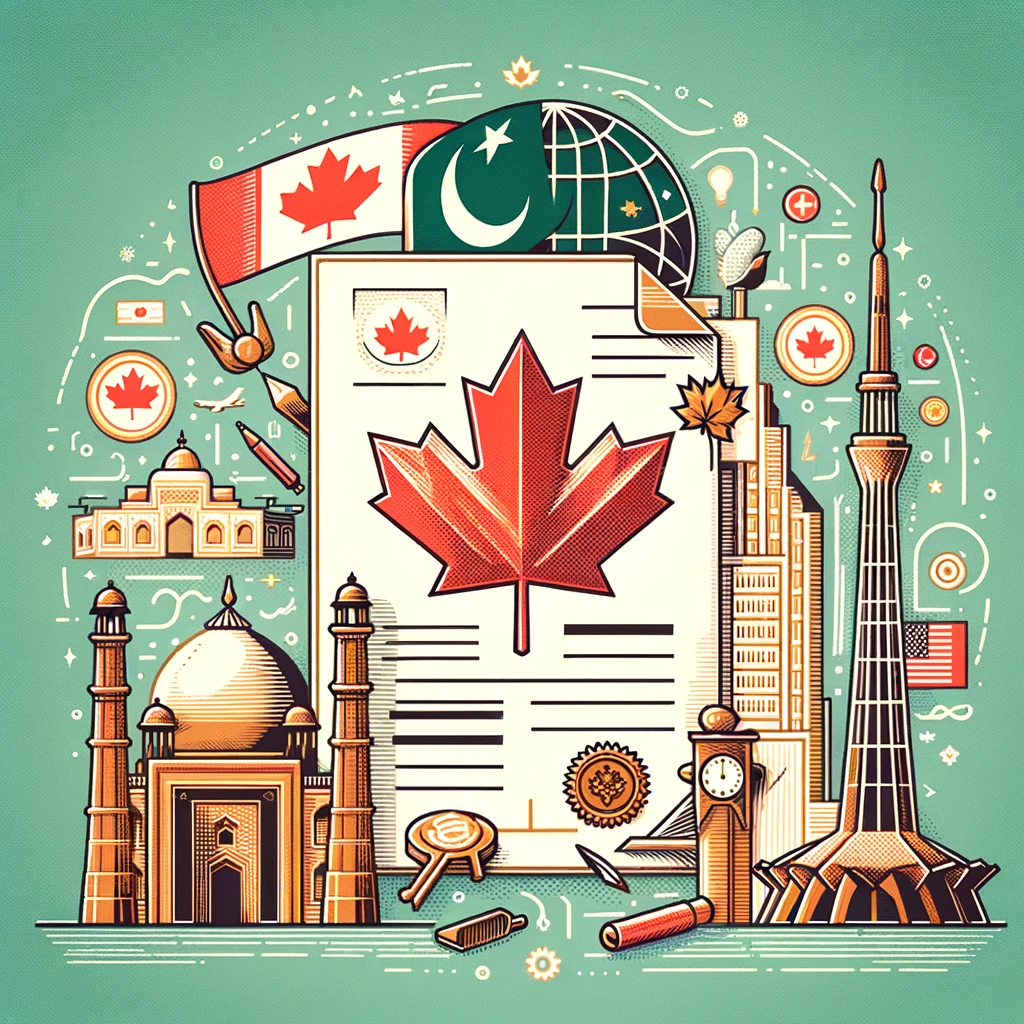Canadian Apostille for use in Pakistan
In a significant move towards simplifying the international legal landscape, Canada officially became a member of the Hague Apostille Convention on January 11, 2024. This pivotal moment marks a new chapter for individuals and businesses requiring the use of Canadian documents abroad, particularly in fellow member countries such as Pakistan, which joined the convention on July 8, 2002. The convention streamlines the authentication process of documents to be recognized internationally, eliminating the need for lengthy and often complex legalization procedures previously required by embassies or consulates.
Understanding the Apostille Process
An Apostille is a certificate that authenticates the origin of a public document (e.g., a birth, marriage, or education document). Under the Hague Convention, it is now sufficient for documents issued in one member country to be certified by an Apostille in order to be recognized in another member country, without any additional authentication. In Canada, this certification can be obtained from Global Affairs Canada or the provincial competent authority in Alberta, British Columbia, Ontario, Quebec, or Saskatchewan, depending on where the document was issued and its nature.
The Need for an Apostille for Pakistan
The Apostille process is vital for various reasons when using Canadian documents in Pakistan. Here are some common scenarios:
- Business: For companies expanding or conducting operations in Pakistan, Apostilles are required for corporate documents such as articles of incorporation, business licenses, and power of attorney documents.
- Work: Professionals moving to Pakistan for work need to apostille their academic qualifications and professional certifications.
- School: Students attending schools or universities in Pakistan may need to apostille their academic records, diplomas, or degrees.
- Family Matters: Those involved in legal family matters such as adoption or inheritance will need to apostille relevant legal documents.
- Marriage: Individuals planning to marry in Pakistan must apostille their single status affidavit, birth certificates, and other relevant documents.
Types of Documents Requiring Apostille
A wide range of public documents requires an Apostille for use in Pakistan, including but not limited to:
- Birth, marriage, and death certificates
- Education documents (transcripts, diplomas, degrees)
- Legal documents (wills, powers of attorney, court orders)
- Corporate documents (articles of incorporation, financial statements)
Why Choose Global Document Solutions?
Global Document Solutions stands out as your premier partner in navigating the Apostille process for several reasons:
- Decades of Experience: With over thirty years in the document authentication and legalization industry, we bring unmatched expertise and knowledge to the table.
- Customized Service: Understanding that each document and situation is unique, we offer personalized services tailored to meet your specific requirements.
- Global Network: Our extensive global network enables us to efficiently process your documents, ensuring they meet the legal requirements of Pakistan and other countries.
- Commitment to Excellence: We are dedicated to providing the highest level of service, ensuring a smooth and hassle-free experience for our clients.
The adoption of the Hague Apostille Convention by Canada represents a significant advancement in international document authentication, offering a streamlined and efficient process for individuals and businesses alike. Global Document Solutions is here to guide you through this new landscape, ensuring your documents are correctly apostilled and recognized in Pakistan and beyond.


